EDITORIAL
Published on 12 Jun 2023
Editorial: Intersubjectivity: recent advances in theory, research, and practice
doi 10.3389/fpsyg.2023.1220161
- 4,891 views
- 3 citations
22k
Total downloads
447k
Total views and downloads
EDITORIAL
Published on 12 Jun 2023
OPINION
Published on 09 Mar 2023
ORIGINAL RESEARCH
Published on 11 Oct 2022
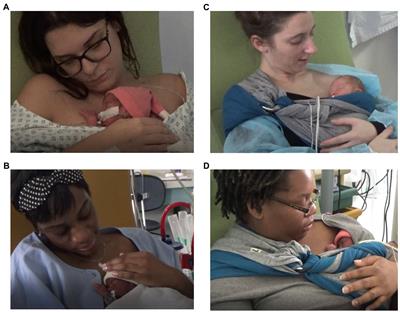
HYPOTHESIS AND THEORY
Published on 29 Jul 2022
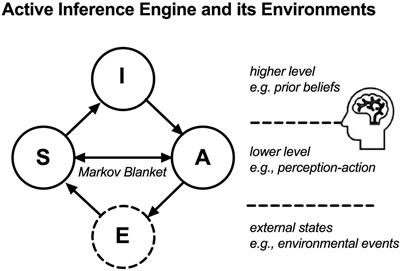
ORIGINAL RESEARCH
Published on 01 Jun 2022
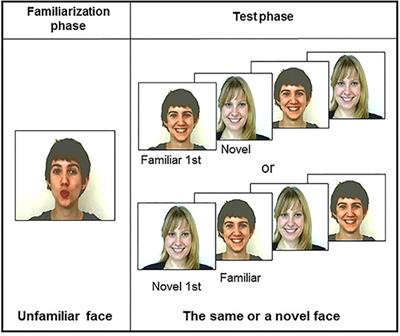
HYPOTHESIS AND THEORY
Published on 16 May 2022
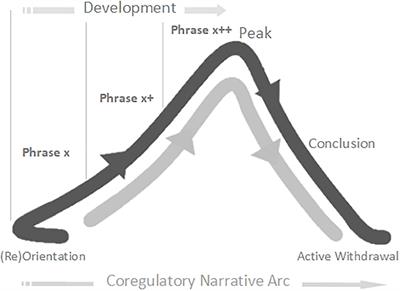
REVIEW
Published on 26 Apr 2022
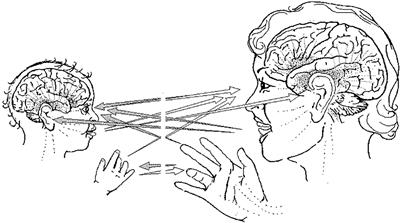
PERSPECTIVE
Published on 03 Mar 2022

HYPOTHESIS AND THEORY
Published on 10 Jan 2022
ORIGINAL RESEARCH
Published on 14 Oct 2021

HYPOTHESIS AND THEORY
Published on 27 Aug 2021

HYPOTHESIS AND THEORY
Published on 06 Aug 2021
